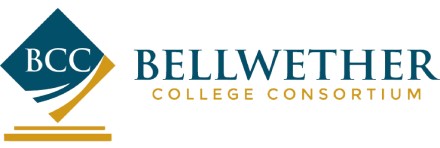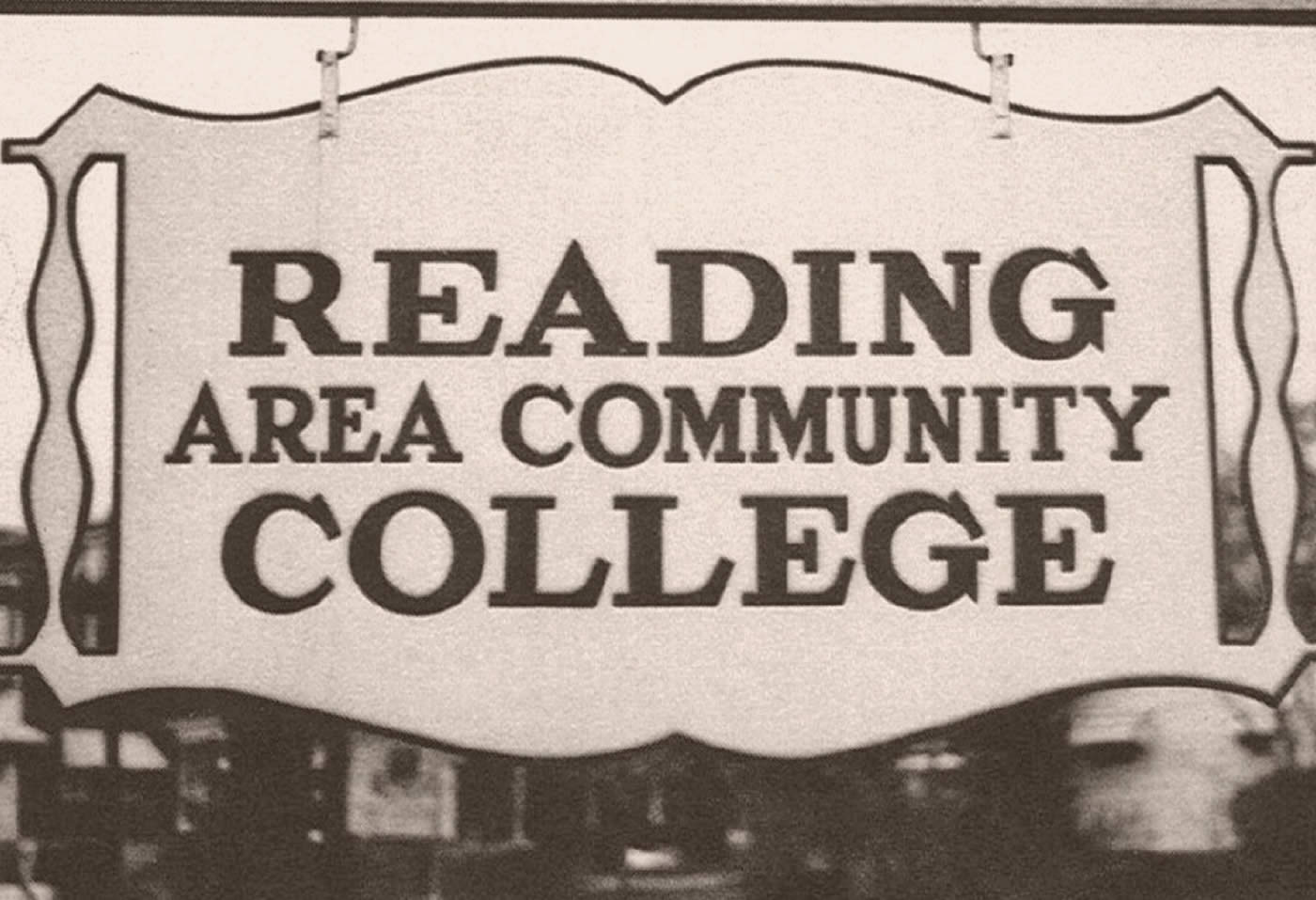
- Celebrating -
50 Years
Providing Opportunity,
Access, Excellence,
and Hope

Providing Opportunity,
Access, Excellence,
and Hope
Fifty years ago, Reading Area Community College (RACC) was founded on October 1, 1971. Classes were held for the first time on October 13, 1971, with an enrollment of 265 students. The college operated from several buildings throughout Reading during its early years until it acquired the Holiday Inn (the current Berks Hall building) in 1978. In 1996, the college completed a campus expansion plan that transformed it into an attractive city-based campus.
Now, after fifty years, RACC has graduated 13,771 students and awarded 14,516 degrees, including Associate’s Degrees, and certificates and diplomas. Training programs include career-focused training; transitional coursework; skills training for business and industry; personal enrichment programs and public service activities.
Students from every age, race, religion and many different countries throughout the world have chosen to study here. Those who are seeking degrees are attracted to programs like nursing, respiratory care, criminal justice and business. Others pursue certification in a variety of subjects. The Community Education/Workforce Development Division offers programs like dental assisting, home health aide, veterinary assisting, lab technician and GED preparation.
The college has had a deep impact in the business community as well. Founded in 2006, the Schmidt Training and Technology Center on the RACC campus, provides training in senior leadership, manufacturing technology, information technology, workplace readiness and workplace literacy. RACC also collaborates with other community organizations to enhance the economic vitality of the city and county.
As we look forward to many more years, RACC remains committed to our four, key "hallmarks" which we believe are at the core of a comprehensive community college: access, opportunity, excellence and especially hope. Our mission ultimately offers hope to all persons, and we will continue to work diligently to sustain, and ultimately fulfill, that hope for all students.
Reading School District Board votes to sponsor a community college.
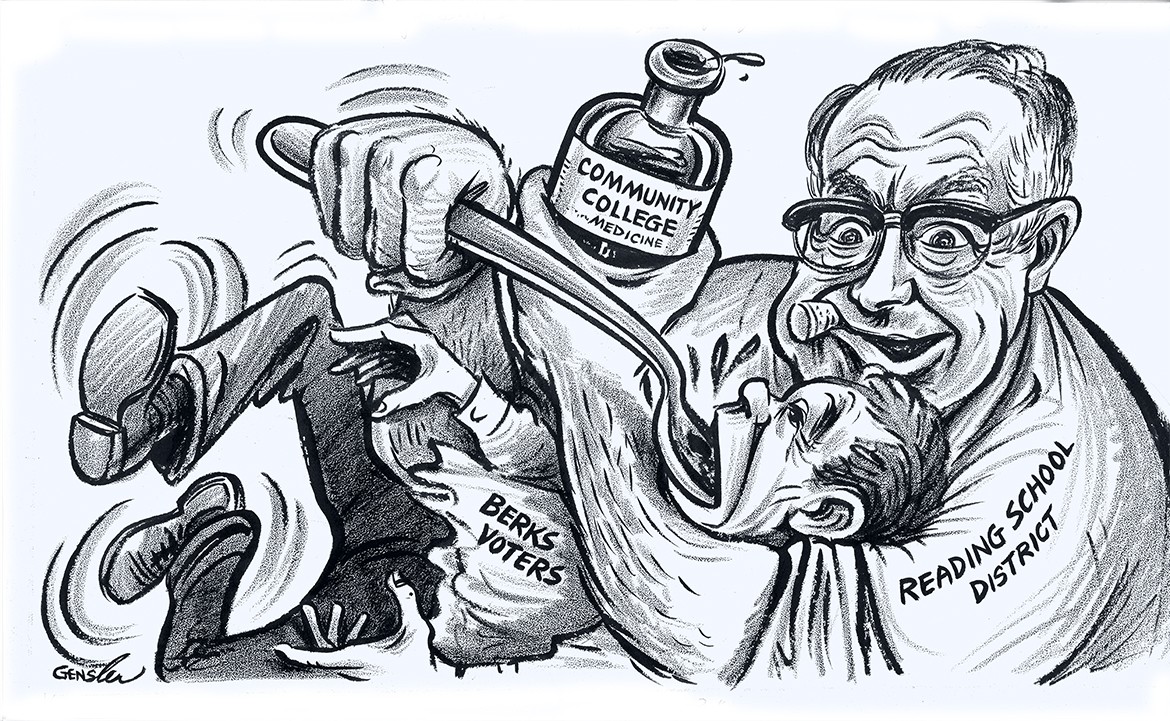
Byron L. Rinehimer, Jr. is named RACC’s first President.
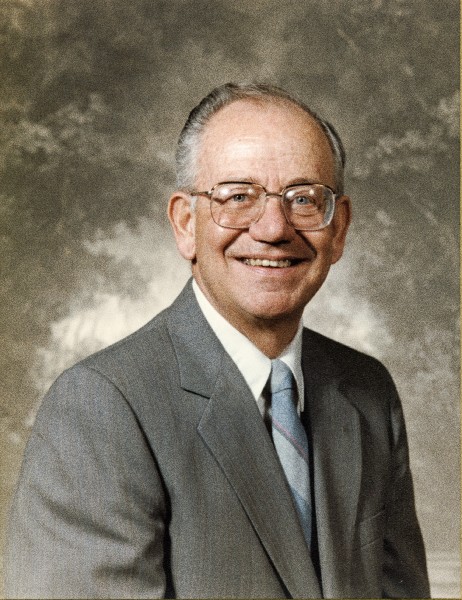
First classes held at the Northmont Campus Fremont and Bruckman Avenues in Reading. By 1972 additional leased location was added - Schuylkill Campus, Schuylkill Avenue and Greenwich Street in Reading.
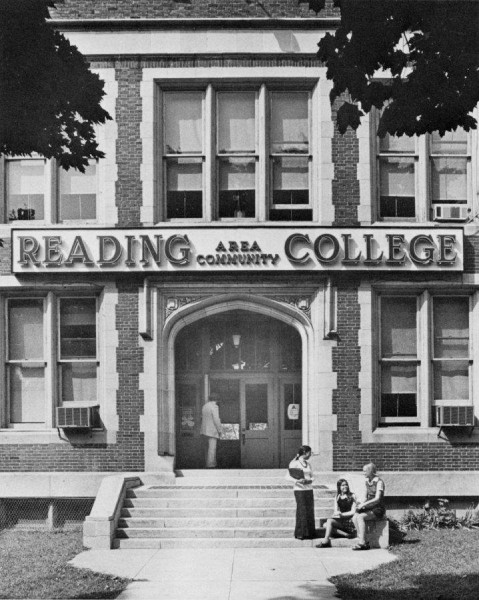
Dr. Lewis W. Ogle becomes RACC’s second President.
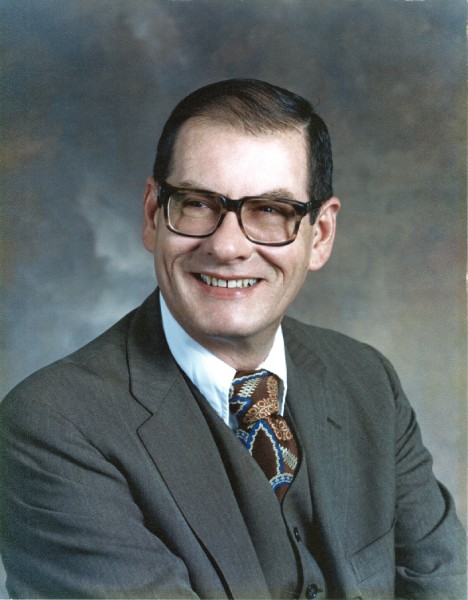
RACC takes over the Reading Standard Evening High School and its former head, Gust Zogas, is hired as RACC’s Director of Continuing Education.
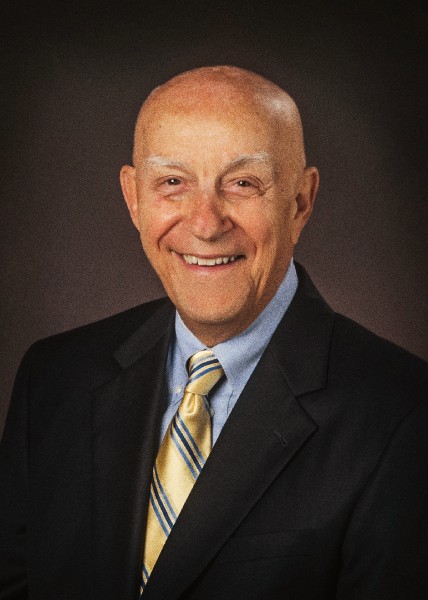
Dedication of the Riverfront Campus (former Holiday Inn).
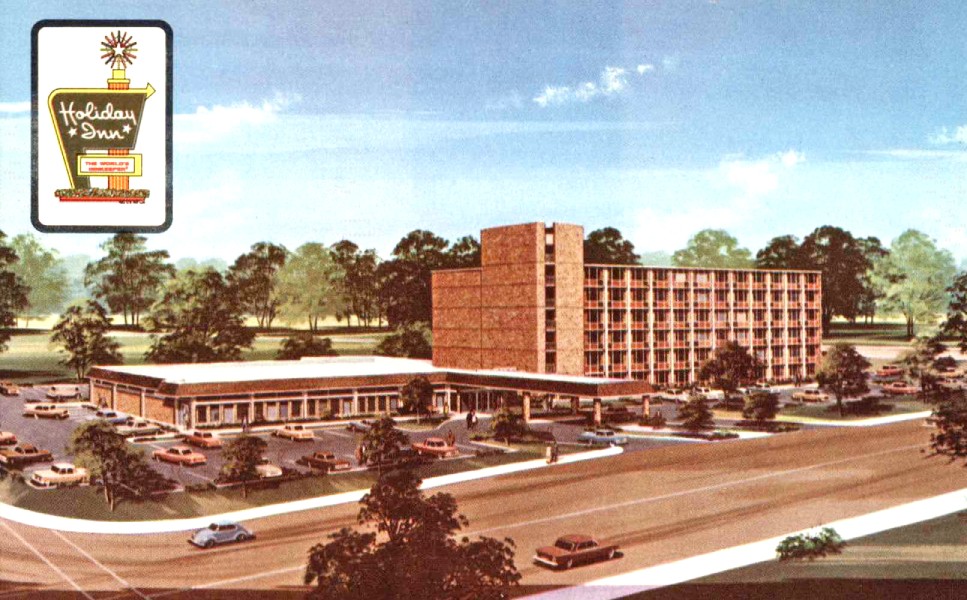
RACC accredited by Middle States Commission on Higher Education.
First Foundation for RACC Board members selected.
Dr. Gust Zogas becomes RACC’s third President.

Richard A. Kratz hired by RACC as Dean of Student Services and Institutional Planning.
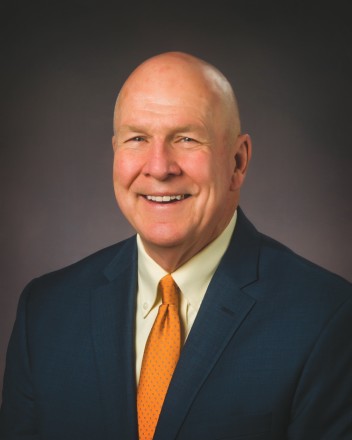
RACC purchased the East Shore Office Building (formerly Penn Hall now Weitz Hall).
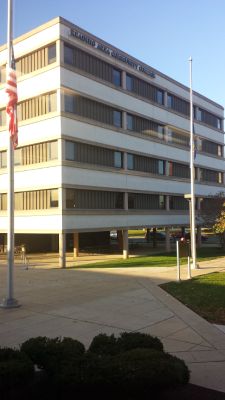
RACC purchased 10 acres along the Schuylkill River from CONRAIL and announced plans to build a library.
RACC reaccredited by Middle States Commission on Higher Education.
The County of Berks takes over the sponsorship of RACC from the Reading School Board.
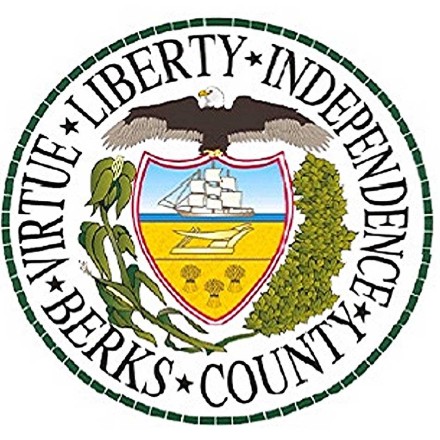
RACC receives $11.6 million for the Yocum Library construction and expansion of Penn Hall (now Weitz Hall).
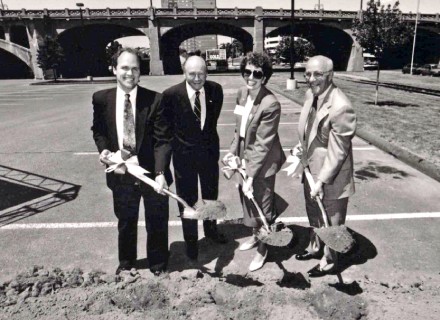
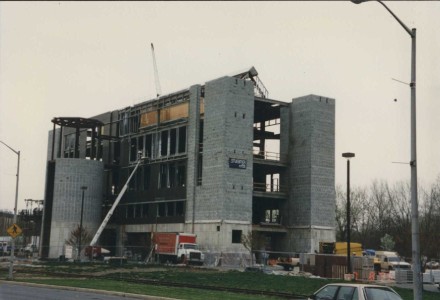
Dedication of The Yocum Library was held.
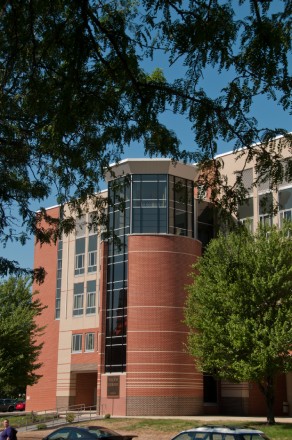
Dedication of the Gust Zogas Student Union Building.
Dr. Richard A. Kratz becomes RACC’s fourth President.

Rolf D. Schmidt led the $2.5 million fundraising drive to build RACC's Training and Technology Center, contributing another $1 million himself toward the $10 million project. The center was named in his honor.
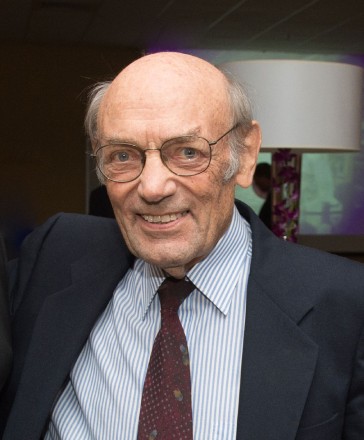
Construction started on the Rolf Schmidt Training and Technology Center and the Miller Center for the Arts.
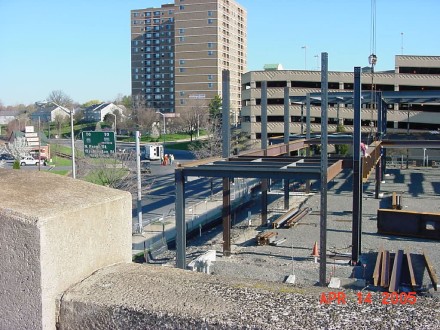
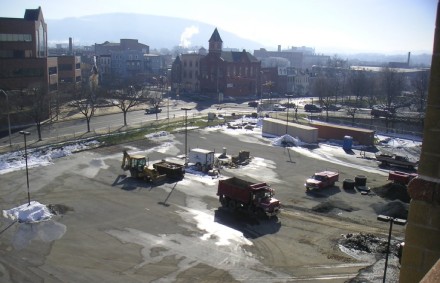
The Schmidt Training and Technology Center opens.
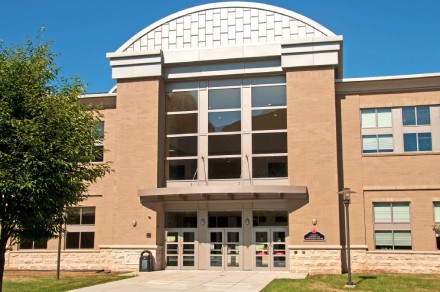
The raven was adopted as the RACC mascot after input by RACC students.

Dr. Anna D. Weitz becomes RACC’s fifth President.
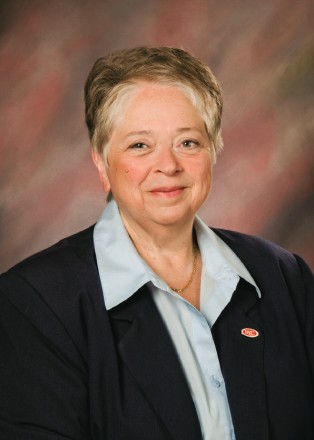
The 509-seat Miller Center for the Arts offered its first performances. The theater was named for Marlin Miller, Jr.
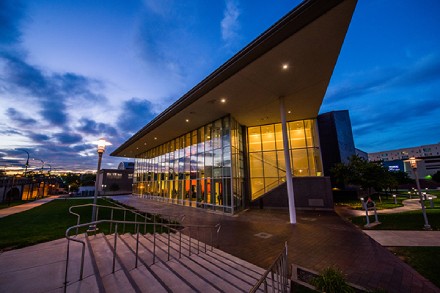
RACC in partnership with the Berks Career and Technology Center, launched the Technical Academy with a degree in Engineering Technology (Mechatronics).
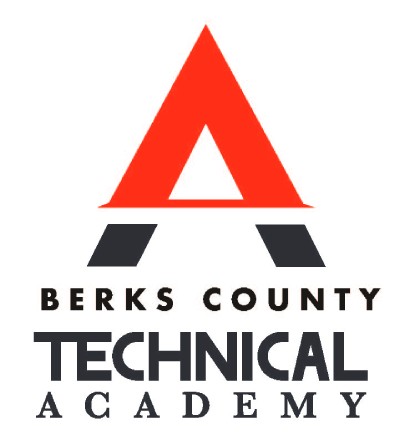
The Science of Success Capital Campaign raised $2,272,775 to renovate and expand the biology, chemistry, physics, and anatomy and physiology labs.
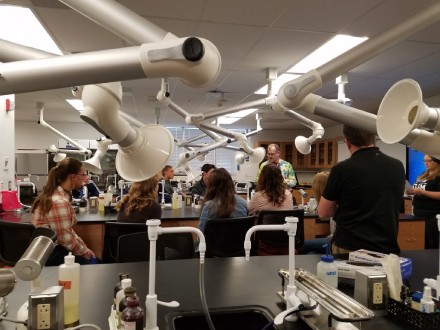
Dr. Susan D. Looney took office as RACC’s sixth President.
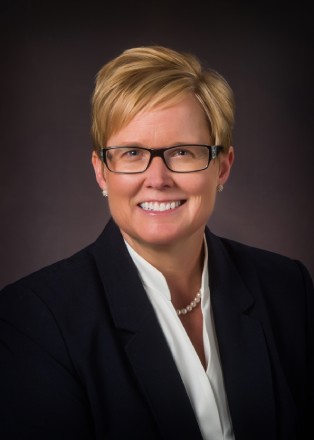
RACC, Kutztown University, and the Career & Technology Centers launched Teacher Academy, a teacher certification pathway.
RACC hosted a SMART Automation Summit at the Schmidt Training and Technology Center.
RACC hosted its third annual STEM Day for over 130 Berks County middle school students, teachers, and administrators.
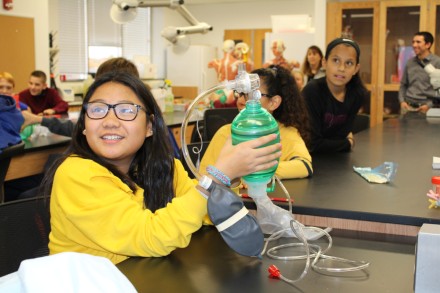
RACC introduced Weekend College offering classes on Fridays and Saturdays.
RACC closed its physical campus in response to COVID pandemic, but continued to offer classes and college support services remotely and online.
The Schmidt Training and Technology Center became a temporary face shield manufacturing and assembly hub and produced close to 3,000 face shields used by Berks County first responders.

RACC held its first virtual commencement ceremony in response to the COVID crisis.
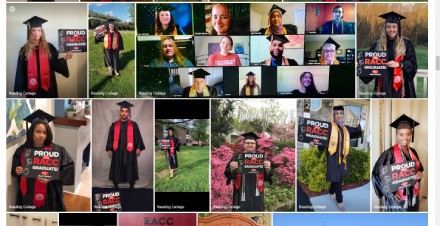
RACC named as a top ten national Bellwether finalist for its online learning programs, which includes over 120 courses, and 10 in-demand online programs.
